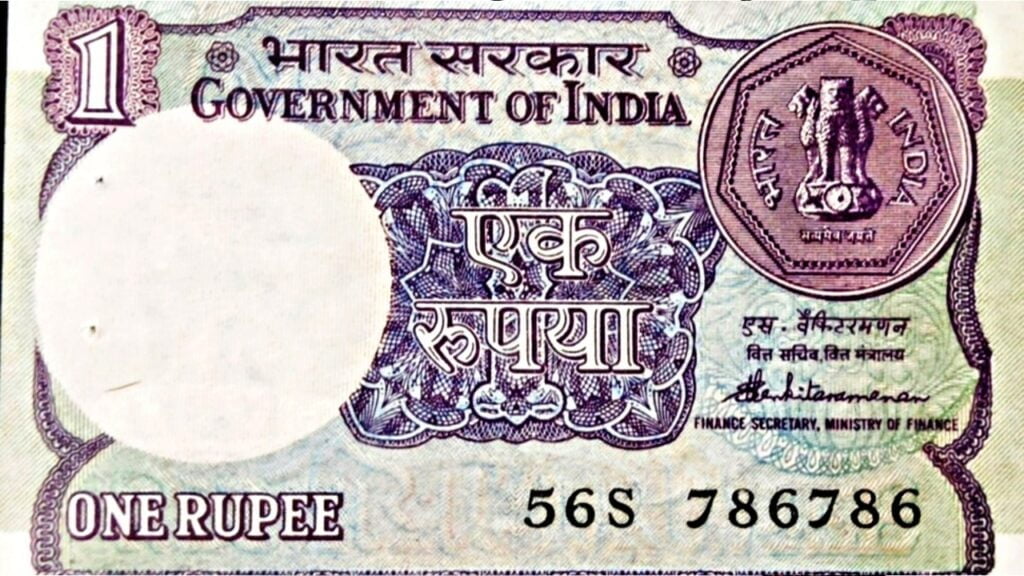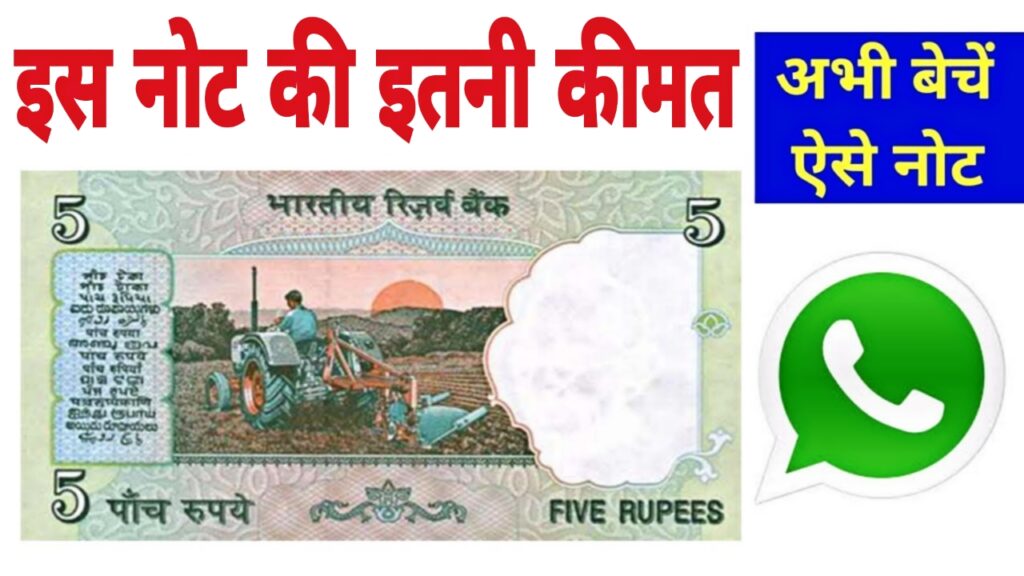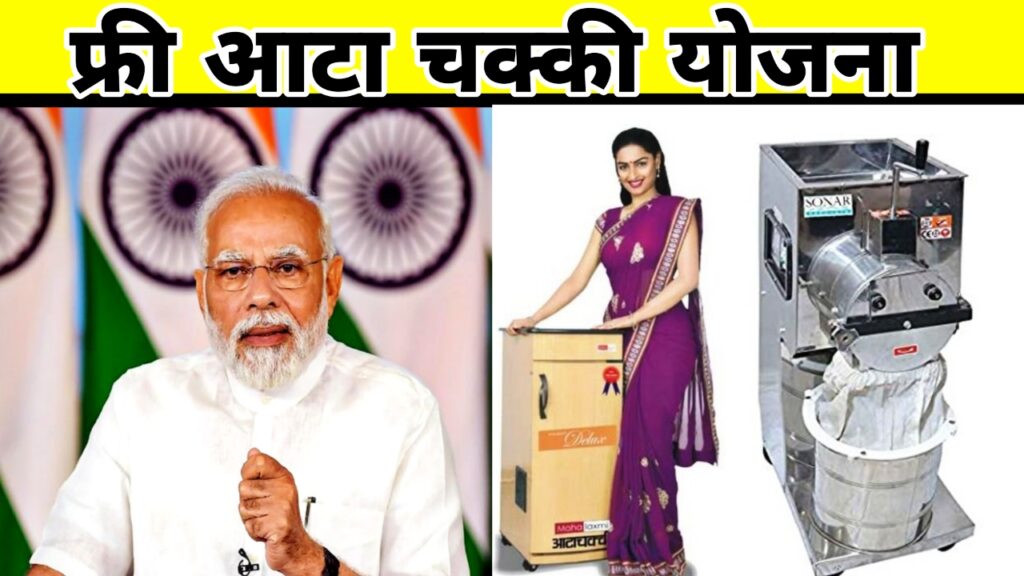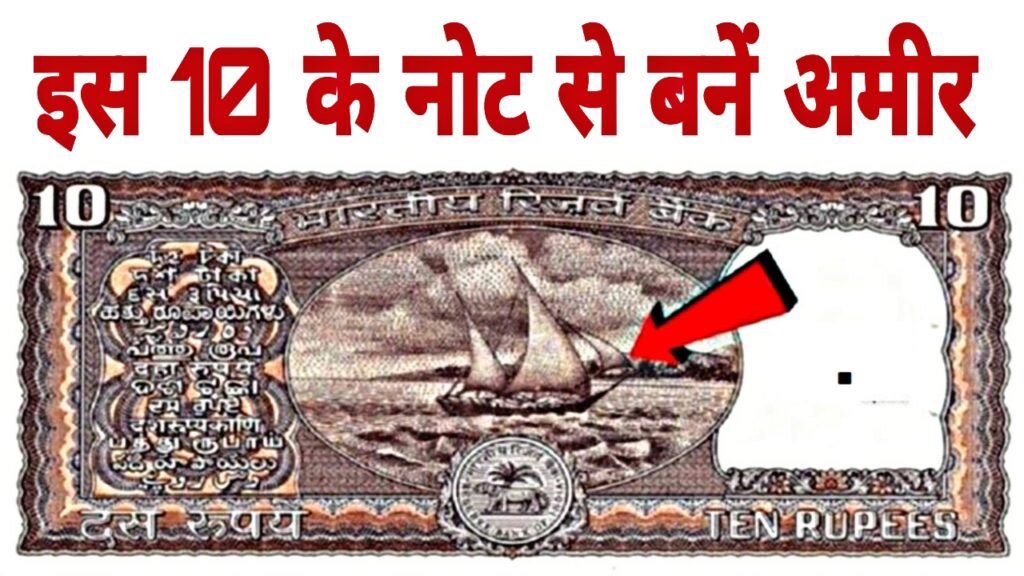SCO meeting
The Union Cabinet is expected to approve a ₹1,500 crore incentive program for the domestic recycling sector to process copper, lithium, nickel, cobalt, and rare-earth elements in an effort to lessen reliance on vital minerals from abroad.
The National Critical Mineral Mission’s (NCMM) five-year incentive program aims to make India self-sufficient in the green energy sector.
The development of renewable energy sources, such as lithium-ion batteries for electric vehicles (EVs), wind turbines, solar panels, and other high-tech businesses, depends on these metals and rare earth elements.

Recycling can lessen dependency on unstable international supply chains, as India is 93% dependent on imports for copper and 100% dependent on imports for lithium, cobalt, and nickel. Furthermore, in 2019, the nation produced 3.3 million tonnes of e-waste, the third-largest amount in the world.
This crucial action will guarantee the EV industry’s sustainability, generate jobs, and establish a circular economy.
But in addition to recycling, it’s critical to establish battery production facilities in India so that these recycled goods may be used domestically.
The revolution in recycling
By providing production-linked incentives and capital expenditure subsidies, the ₹1,500 crore incentive program seeks to revolutionize India’s recycling environment.
The objective is to raise the number of recycling businesses from the existing 10–12 to at least 100, and to scale up the capacity for recycling lithium-ion batteries to 75,000 metric tons per year. With related companies and initiatives bolstering the main industry, this step will provide India’s fledgling EV sector a solid platform.

The importance of crucial minerals
India’s journey to green energy depends on critical minerals. While copper is essential for electrical networks and renewable energy infrastructure, lithium, cobalt, and nickel are important components in EV batteries.
Neodymium and other rare-earth elements are essential for high-performance magnets used in electric vehicle motors and wind turbines. The demand for these minerals is soaring as India’s EV sales are expected to treble to 200,000 units by 2025.
India, however, has a lot of obstacles to overcome. The nation is 93% dependent on imports for copper and 100% dependent on imports for nickel, cobalt, and lithium.
The Institute for Energy Economics and Financial Analysis (IEEFA) said in a 2024 research that this reliance might continue because it could take more than ten years for domestic mining operations to start up.
Recycling could reduce the requirement for mining by 40%.
In order to lessen dependency on imports and create a sustainable supply chain, this endeavor is essential as India strives for net-zero greenhouse gas emissions by 2070. Under the global climate pledge, recycling may cut the need for new mining by 25% for lithium and nickel and 40% for copper and cobalt by 2050, according to the International Energy Agency (IEA).
Recycled battery metals including nickel, cobalt, and lithium saw an 11-fold increase in market value in 2023 compared to 2015, indicating a thriving Indian market.





